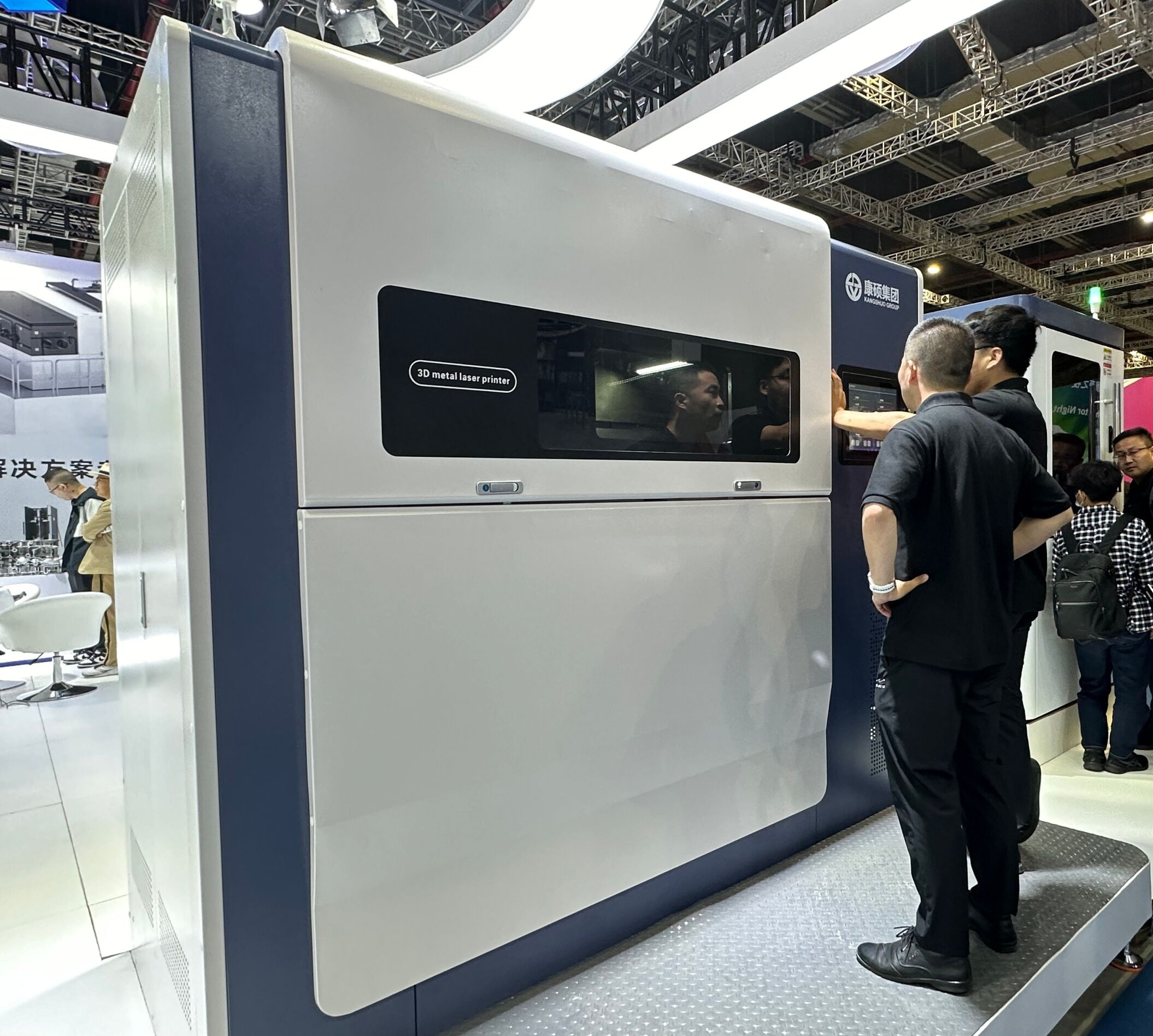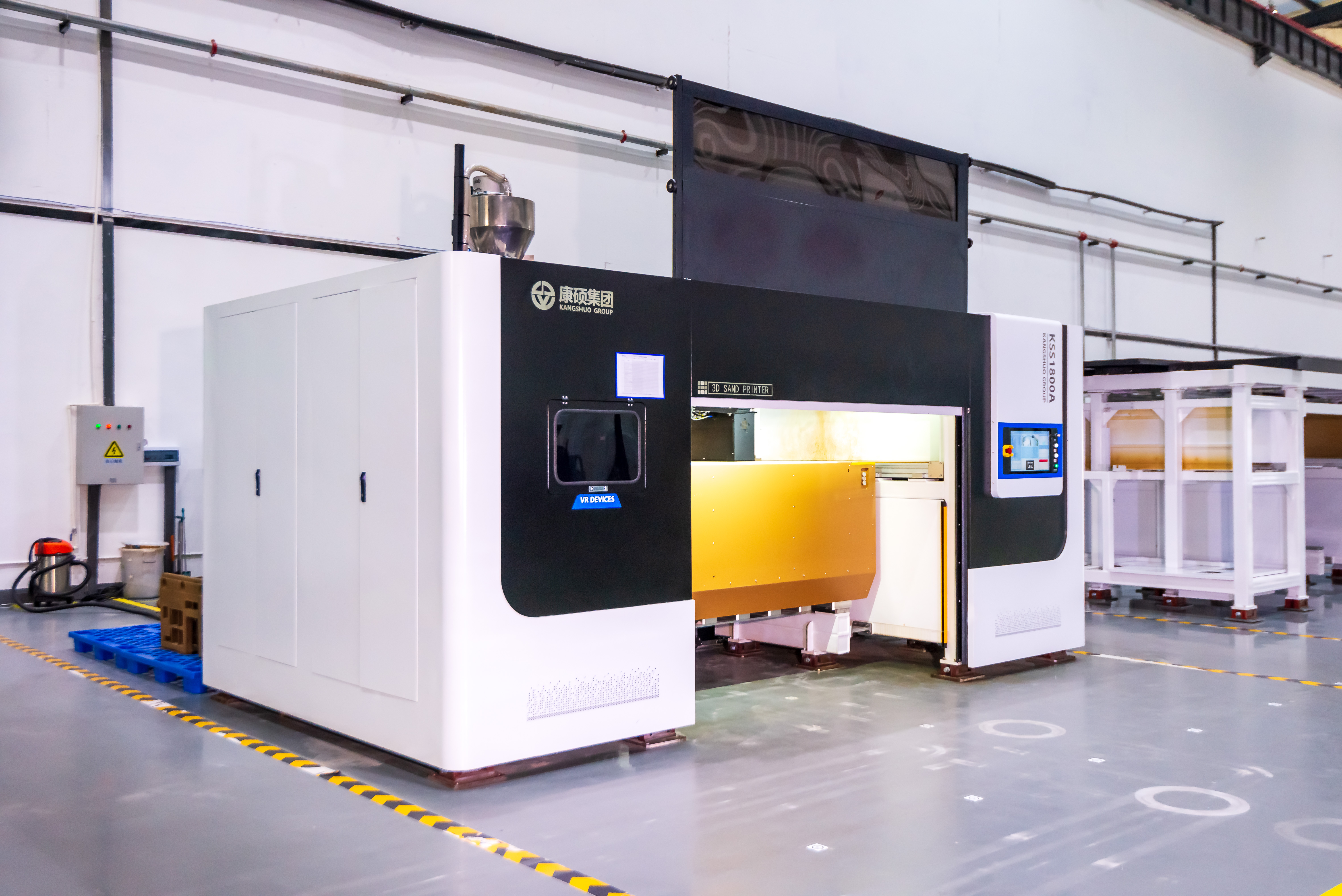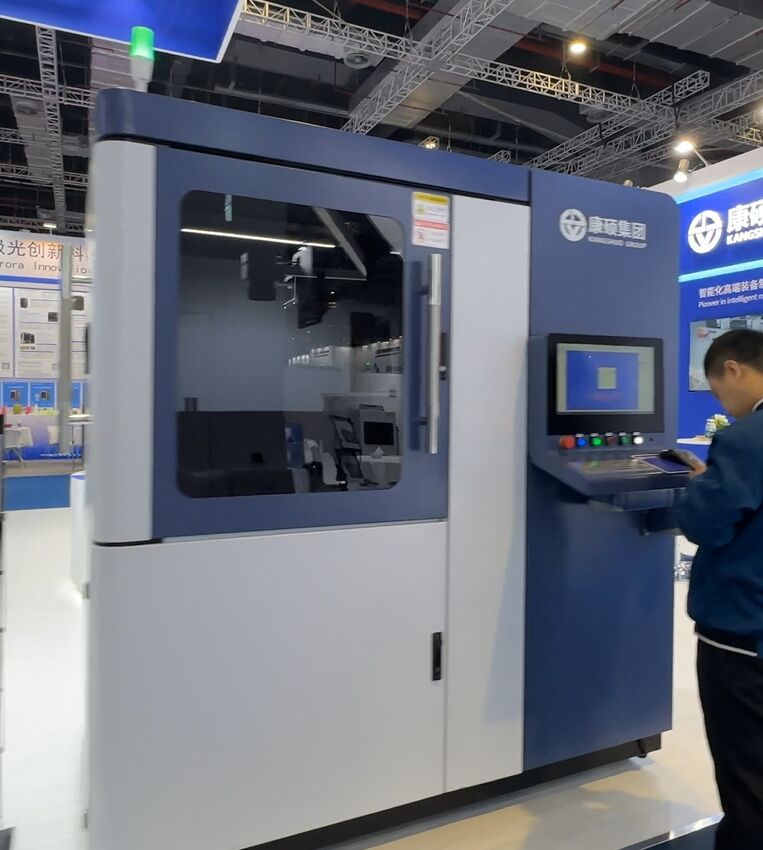metal molds for casting
Metal molds for casting represent a crucial component in modern manufacturing processes, offering precision and reliability in producing metal parts and components. These specialized tools are engineered to withstand high temperatures and pressures while maintaining dimensional accuracy throughout repeated casting cycles. The molds are typically constructed from high-grade tool steel or other durable metals, featuring carefully designed cooling channels and venting systems to ensure optimal solidification patterns. These molds enable manufacturers to create complex geometries with exceptional surface finish and tight tolerances. The technology incorporates advanced design elements such as draft angles, parting lines, and ejector systems to facilitate easy removal of finished castings. Metal molds are particularly valuable in high-volume production scenarios, offering consistency and repeatability that surpass traditional sand casting methods. They support various casting processes, including die casting, permanent mold casting, and investment casting, each suited to different applications and materials. The durability of metal molds ensures extended service life, making them cost-effective for long production runs despite higher initial investment.


